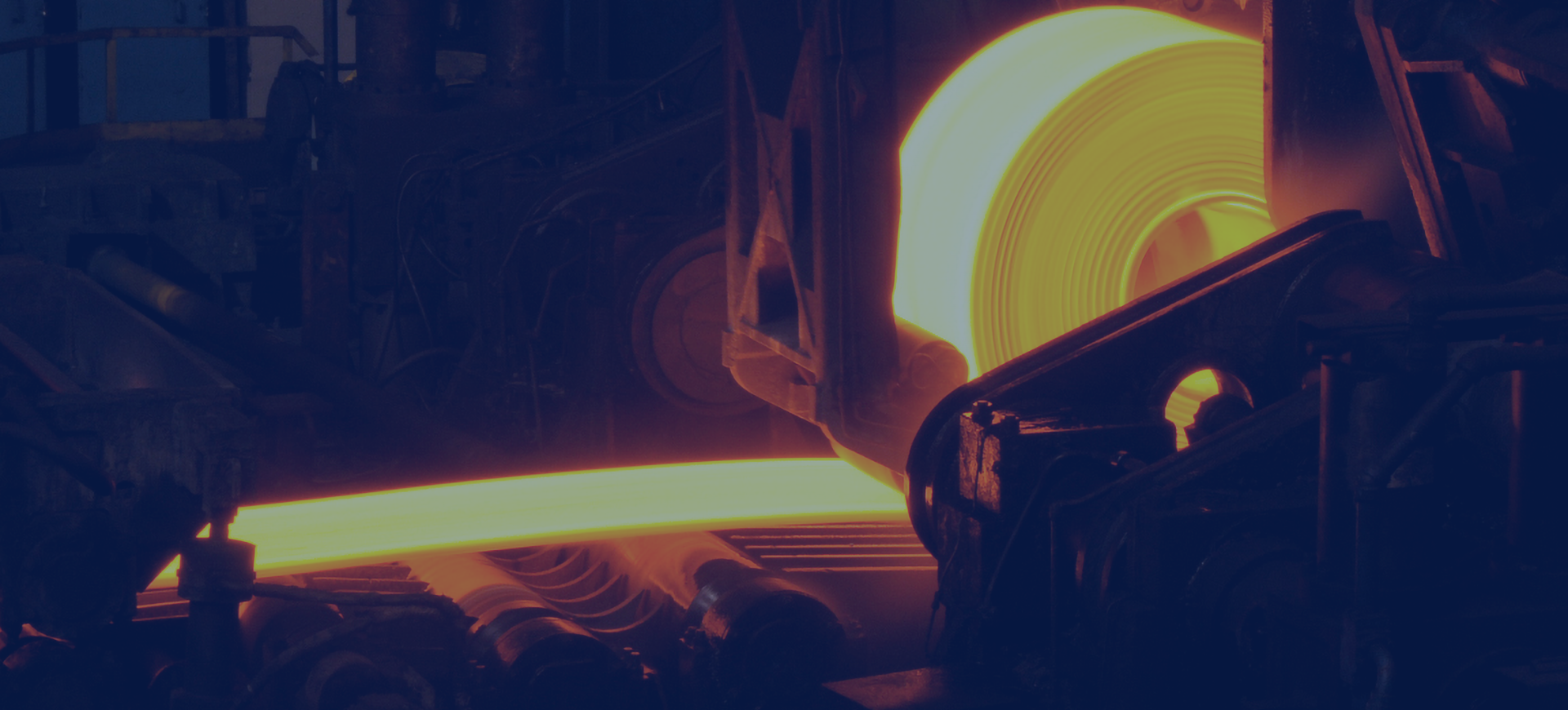What is the welding performance of galvanized steel coil?
For the construction and manufacturing industries, the choice of materials can greatly affect the quality and durability of the final product. One popular choice is galvanized steel coil, especially from a reputable GI coil manufacturer. These gi coil suppliers offer a range of products, including regular spangle galvanized steel coil, which are known for their excellent corrosion resistance and aesthetics.
But how well do these galvanized steel coils weld? Understanding this aspect is critical for manufacturers and processors who rely on welding as their primary joining method. Galvanized steel coils, such as those produced by leading GI steel coil manufacturers, are coated with a layer of zinc to prevent rust and corrosion. However, this zinc coating can present challenges during the welding process.
Galvanized steel coils generally weld very well, but specific techniques are required to ensure the best results. If not handled properly, the presence of zinc can lead to issues such as spatter and poor weld quality. Therefore, choosing the correct welding method and parameters is critical. For example, MIG welding is often recommended for galvanized gi coil sheet due to its ability to produce clean, strong welds while minimizing the adverse effects of the zinc coating.

Additionally, using plain galvanized steel coil can improve the aesthetics of the weld, making it more visually appealing in applications where appearance is important. For best results, it is recommended to consult with an experienced GI coil supplier who can provide guidance on best practices for welding galvanized materials.
In summary, while galvanized steel coils offer excellent performance in terms of durability and corrosion resistance, it is critical to understand their welding characteristics. By working with trusted regular spangle galvanized steel coil manufacturers, you can ensure that your project not only meets but exceeds industry standards.
Post time: Dec-18-2024








